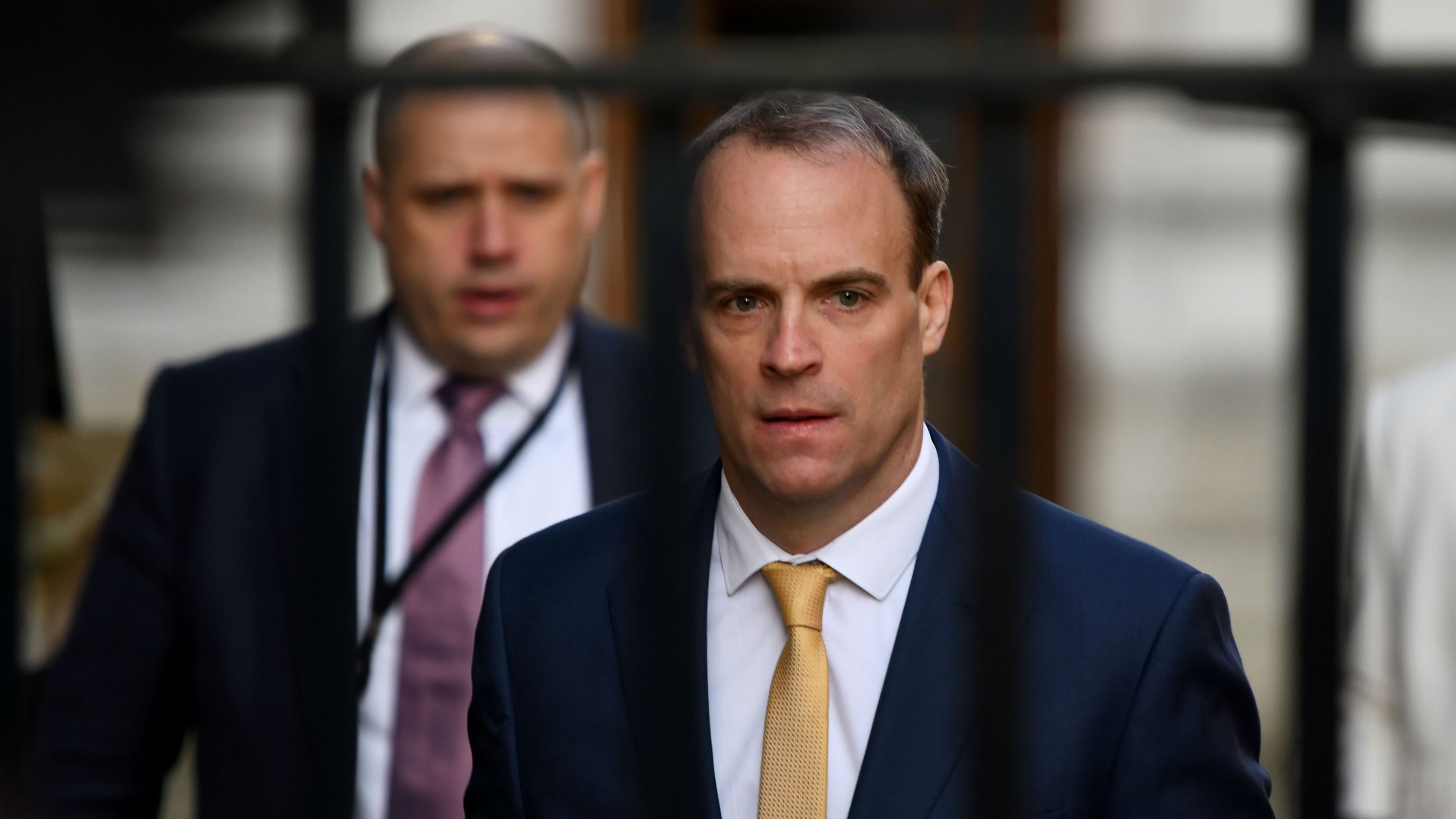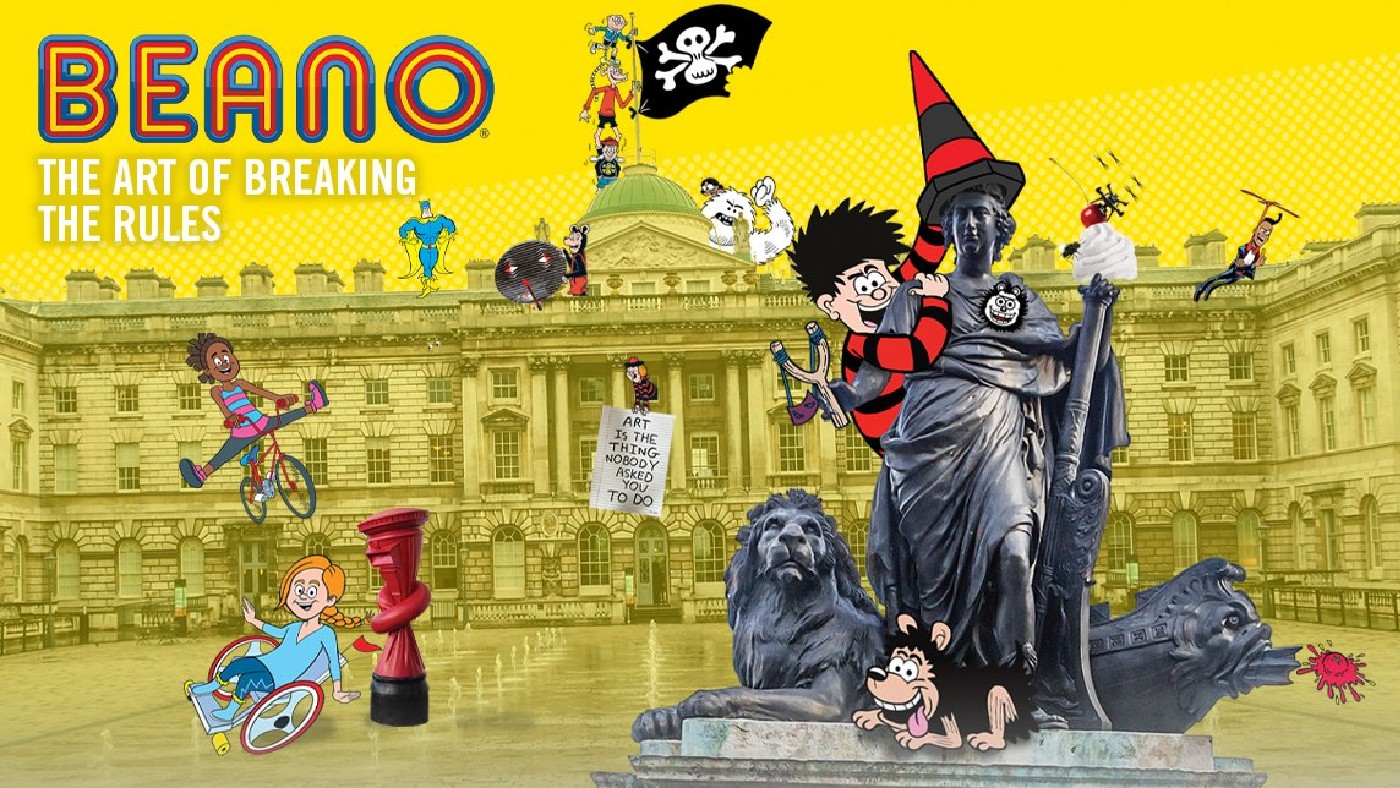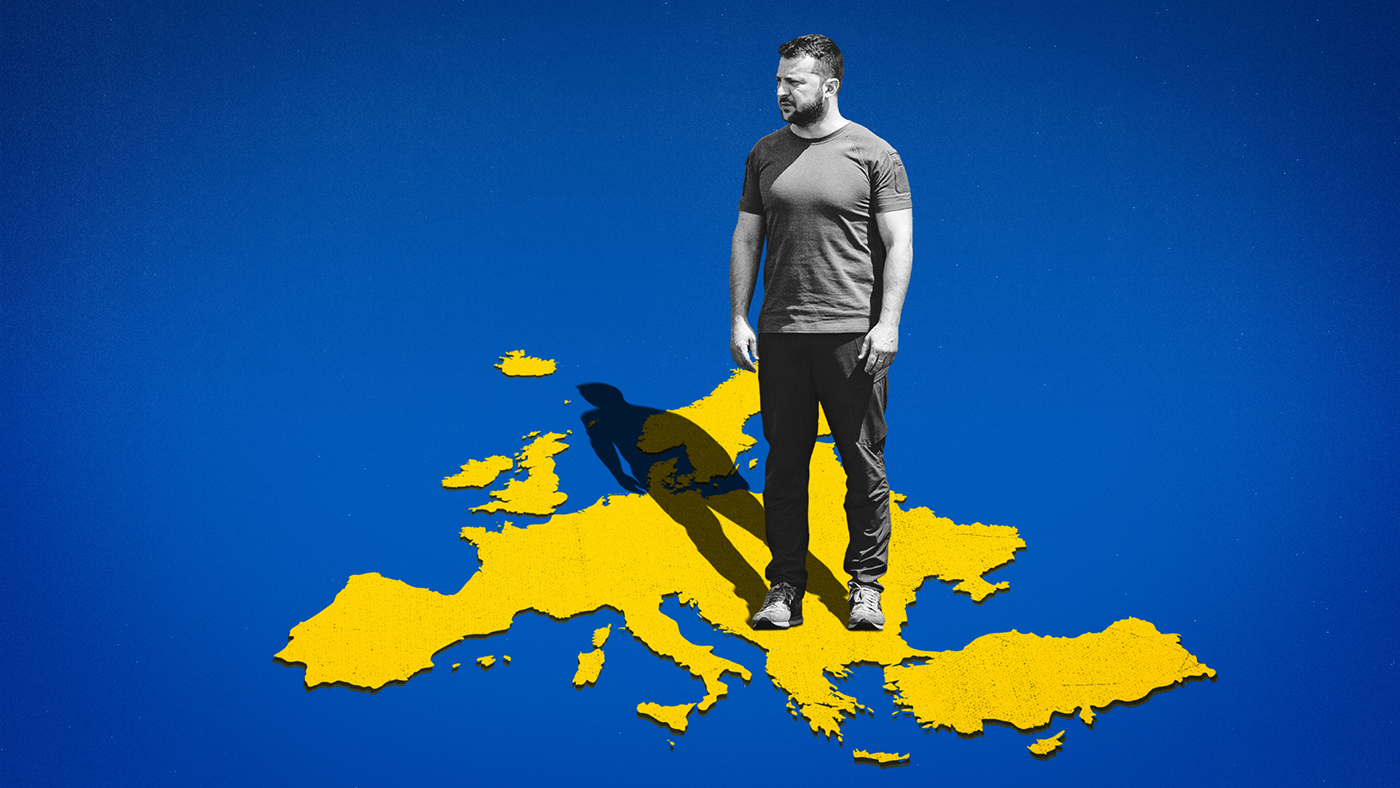Instant Opinion: Tories won’t ‘take the knee’ for Black Lives Matter - but will voters care?
Your guide to the best columns and commentary on Friday 19 June

A free daily email with the biggest news stories of the day – and the best features from TheWeek.com
You are now subscribed
Your newsletter sign-up was successful
The Week’s daily round-up highlights the five best opinion pieces from across the British and international media, with excerpts from each.
1. Gaby Hinsliff in The Guardian
on mocking the BLM movement as an electoral tactic
The Week
Escape your echo chamber. Get the facts behind the news, plus analysis from multiple perspectives.

Sign up for The Week's Free Newsletters
From our morning news briefing to a weekly Good News Newsletter, get the best of The Week delivered directly to your inbox.
From our morning news briefing to a weekly Good News Newsletter, get the best of The Week delivered directly to your inbox.
The Tories may not take the knee, but voters may not care
“Dominic Cummings doesn’t have time to conduct all his focus groups personally these days, but Downing Street is continually - some Tory MPs would say obsessively - testing itself against public opinion nonetheless. No 10 barely breathes without calculating the electoral impact, particularly on those ‘red wall’ seats where lifelong Labour supporters turned Tory in order to get Brexit done. Will they be infuriated by Raab’s ignorance of the gesture’s history, his description of it as symbolising ‘subjugation’? Or might they just agree, as many longstanding Tories will, with the dogwhistle message that it’s time to get up off their knees and stop apologising?... No wonder Downing Street would rather pick a fight over Winston Churchill - or anything else that puts Labour’s young, liberal urban supporters at odds with its base in northern towns - than dwell on subjects that make its own side embarrassed and uncomfortable. We are seeing a concerted effort to shift the government back on to safer ground, by which it means anything that divides its opponents.”
2. Anders Fogh Rasmussen, Nato Secretary General 2009-2014 and Danish prime minister 2001-2009, in The Independent
on the pandemic providing fertile ground for autocracy
A free daily email with the biggest news stories of the day – and the best features from TheWeek.com
Coronavirus has accelerated the breakdown of democracy right across the world
“Before Covid-19, the multilateral global system that we built after World War Two was under strain. Countries like Russia tore up the rulebook, while revisionists like China have sought to rewrite it and stack the deck of multilateralism in their favour. And America has been retreating from the world that it created, favouring isolationism in trade and foreign policy. Covid-19 has accelerated that pace. It has been likened to a war, bringing profound social and political change in its wake. These divisions between Western nations, and the cracks within them, as well as our fragile global economy, provide fertile ground for autocratic states. Autocratic tactics vary, from direct attacks such as those against Ukraine, to pressuring frontline democracies like Taiwan, spreading divisive fake news, hacking our servers or funding extremists... If this sounds like hyperbole, look at Greece. Shortly after China bought its port, Athens began blocking EU reprimands of Chinese human rights. After Covid-19 the need to prevent a Chinese shopping spree will be palpable.”
3. Stephen Miller, former diplomat and Ambassador to Spain 2003-07 in Prospect Magazine
on building a post-pandemic society
After the crisis: an agenda for Britain?
“Come the spring of next year, things should look rather different. The Covid-19 infection rate should have dropped well away in the summer of 2020 and even with a resurgence in the autumn and winter should be falling again by, say, May of 2021. The economy should be coming back to life. And we shall finally have left the EU single market and customs union. We may have reached a future agreement on trade and other relations with the EU or we may not, but for better or for worse we shall be out. What do Johnson’s Conservatives do then?... The trouble with this is that, long before Brexit and coronavirus, the voters, especially in the midlands and the north, were already angry and frustrated by their lack of opportunity, lack of control over their own lives, the declining public services around them and their despair about leaving a better life for their children. Being able to go on a package holiday or see their friends in the pub again will be a pleasant relief but won’t change those problems. Nor in fact will leaving the European Union, but the people have been led to believe that it will, and now the government is expected to deliver on their expectation.”
4. Philip Collins in The Times
on whether Boris Johnson will turn on his chancellor
When Downing Street neighbours fall out
“Mr Sunak is, at heart, a fiscal conservative, one of the last of that breed. Mr Johnson is a spendthrift with an eye for grands projets. The need for a shock stimulus to combat Covid-19 obscured the fact that Mr Sunak delivered a budget in May that he barely believed in. Back in the dim and distant Britain that existed before the virus, No 10 was keen to spend large sums on infrastructure projects. While Mr Sunak went along with it as the price for getting his job there is no reason to think those are his natural inclinations... I witnessed the Blair and Brown feud at close quarters and can testify that the tension was not creative. It rarely is. But the conflict between Nos 10 and 11 is the hardy perennial of British politics. It happens when times are good and it happens (even more) when times are bad. Mr Johnson is going to find his tenure in Downing Street a constant grind and he is going to need someone to blame. The best candidate is close at hand.”
–––––––––––––––––––––––––––––––For a round-up of the most important stories from around the world - and a concise, refreshing and balanced take on the week’s news agenda - try The Week magazine. Start your trial subscription today –––––––––––––––––––––––––––––––
5. Fraser Nelson in The Daily Telegraph
on the reduced Covid alert level
The threat has passed, so why are our civil liberties still suspended?
“To suspend our liberties temporarily – to confront a terrifying threat to the country – was a reasonable request. But as we approach the fourth month of lockdown, the case should be made considered anew. Instead, we see new restrictions churned out and rubber-stamped by parliament. Charles Walker, a Tory MP, pointed out that politicians can talk about the restriction of civil liberties but are not voting on it. What, now, is the case for such emergency government powers? How to justify the two-week quarantine imposed on those who arrive from overseas?... It is odd to have to justify the case for civil liberty - but it’s about being safe, as well as being free. People can be trusted to behave responsibly in pandemics, as well as life in general - so minimising damage inflicted by crude mandatory lockdowns. Damage that the government has not begun to calculate, let alone work out how to repair.”
-
 How the FCC’s ‘equal time’ rule works
How the FCC’s ‘equal time’ rule worksIn the Spotlight The law is at the heart of the Colbert-CBS conflict
-
 What is the endgame in the DHS shutdown?
What is the endgame in the DHS shutdown?Today’s Big Question Democrats want to rein in ICE’s immigration crackdown
-
 ‘Poor time management isn’t just an inconvenience’
‘Poor time management isn’t just an inconvenience’Instant Opinion Opinion, comment and editorials of the day
-
 Triangle-headed aliens touched Goldie Hawn
Triangle-headed aliens touched Goldie HawnTall Tales And other stories from the stranger side of life
-
 ‘Irony’ as Zoom calls staff back to office
‘Irony’ as Zoom calls staff back to officefeature And other stories from the stranger side of life
-
 The U.S. veterinarian shortage crisis
The U.S. veterinarian shortage crisisSpeed Read With an anticipated shortage of 15,000 vets by 2030, it will be harder to get care for pets
-
 Boris Johnson shocks UK by resigning from Parliament
Boris Johnson shocks UK by resigning from ParliamentSpeed Read
-
 Company teaches mask-wearers to smile again
Company teaches mask-wearers to smile againfeature And other stories from the stranger side of life
-
 Beano comics sent to Australia
Beano comics sent to Australiafeature And other stories from the stranger side of life
-
 How fruitful was Zelenskyy’s European tour?
How fruitful was Zelenskyy’s European tour?Today's Big Question Ukraine’s president visits Rome, Berlin, UK and Paris in bid to increase the supply of weapons from allies
-
 Bees delay flight for three hours
Bees delay flight for three hoursfeature And other stories from the stranger side of life